
Governments have a helpful phrase called need to know.
It describes the restriction of data which is considered very sensitive. Employees are only given access to information that is necessary for them to conduct their official duties.
What’s interesting is, we can invert this concept and apply it inwardly. We can put ourselves on a need to know basis, only taking on what really matters and allowing the rest to fall away.
Just imagine, instead of wasting ninety percent of our invaluable brainpower bemoaning gas prices, falling down the social media rabbit hole, speculating about how bad allergy season is going to be, complaining about tax increases, meddling over celebrity gossip and examining the sordid details of the latest political tragedy, we can confidently and calmly announce to ourselves and the world:
I don’t need to know that. This information is not necessary for me to conduct my official duties.
Sierra conducted some fascinating research on user experience best practices, netting the following insight:
Unnecessary knowledge acquisition slows our progress, drains our scarce time and cognitive resources.
Why waste energy building memories of spam? It’s time to put ourselves on a need to know basis. To become highly adroit at recognizing misplaced cognitive energy.
Because in a world where the human brain is loaded daily with over thirty gigabytes of information each day, there is no reason to psyche ourselves out and become more overwhelmed than we already are.
LET ME ASK YA THIS…
Will you definitely use this information for something immediate and important?
* * * *
Scott Ginsberg
That Guy with the Nametag
Author. Speaker. Strategist. Inventor. Filmmaker. Publisher. Songwriter.
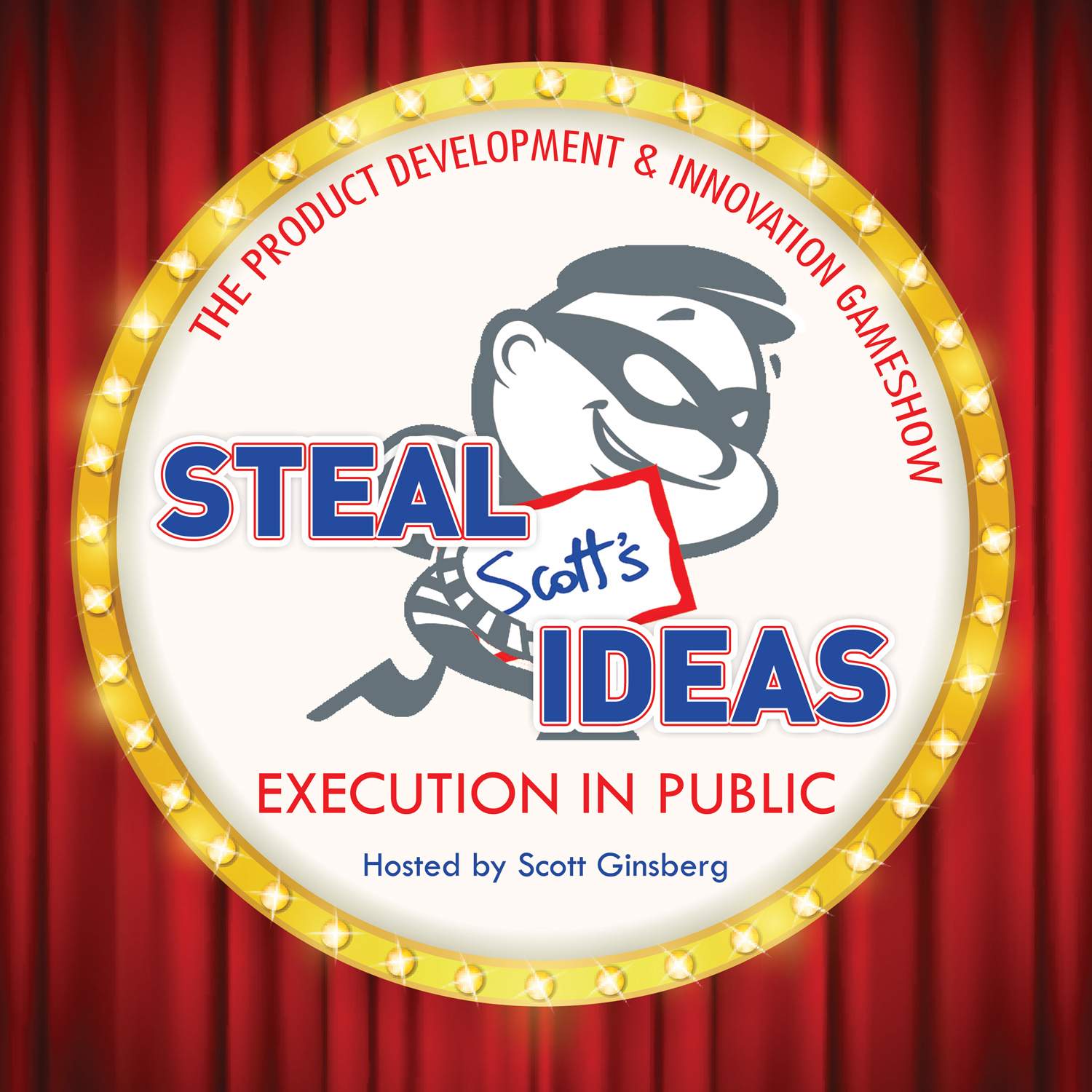 It’s the world’s first, best and only product development and innovation gameshow!
It’s the world’s first, best and only product development and innovation gameshow!
Tune in and subscribe for a little execution in public.
Join our community of innovators, artists and entrepreneurs


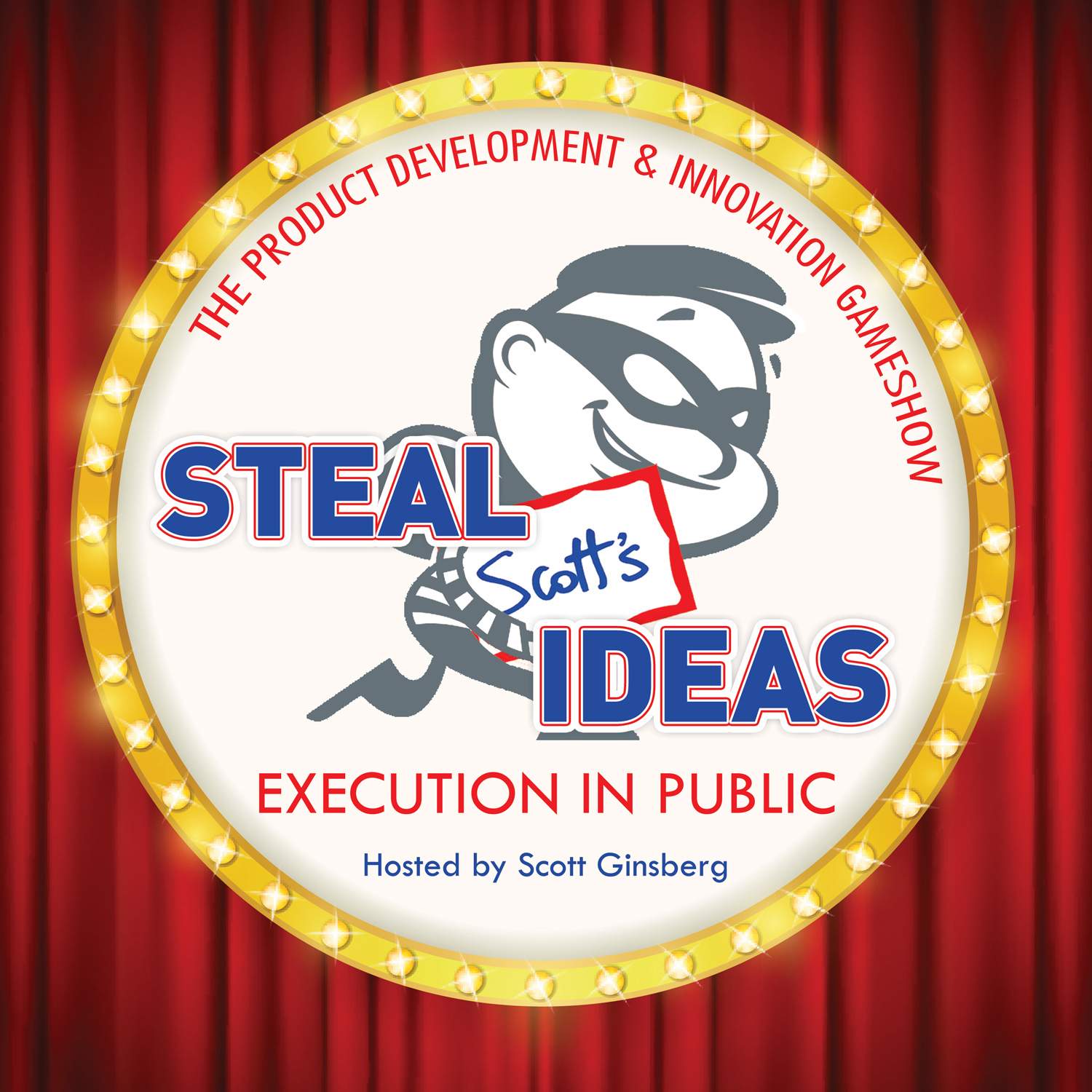 It’s the world’s first, best and only product development and innovation gameshow!
It’s the world’s first, best and only product development and innovation gameshow!
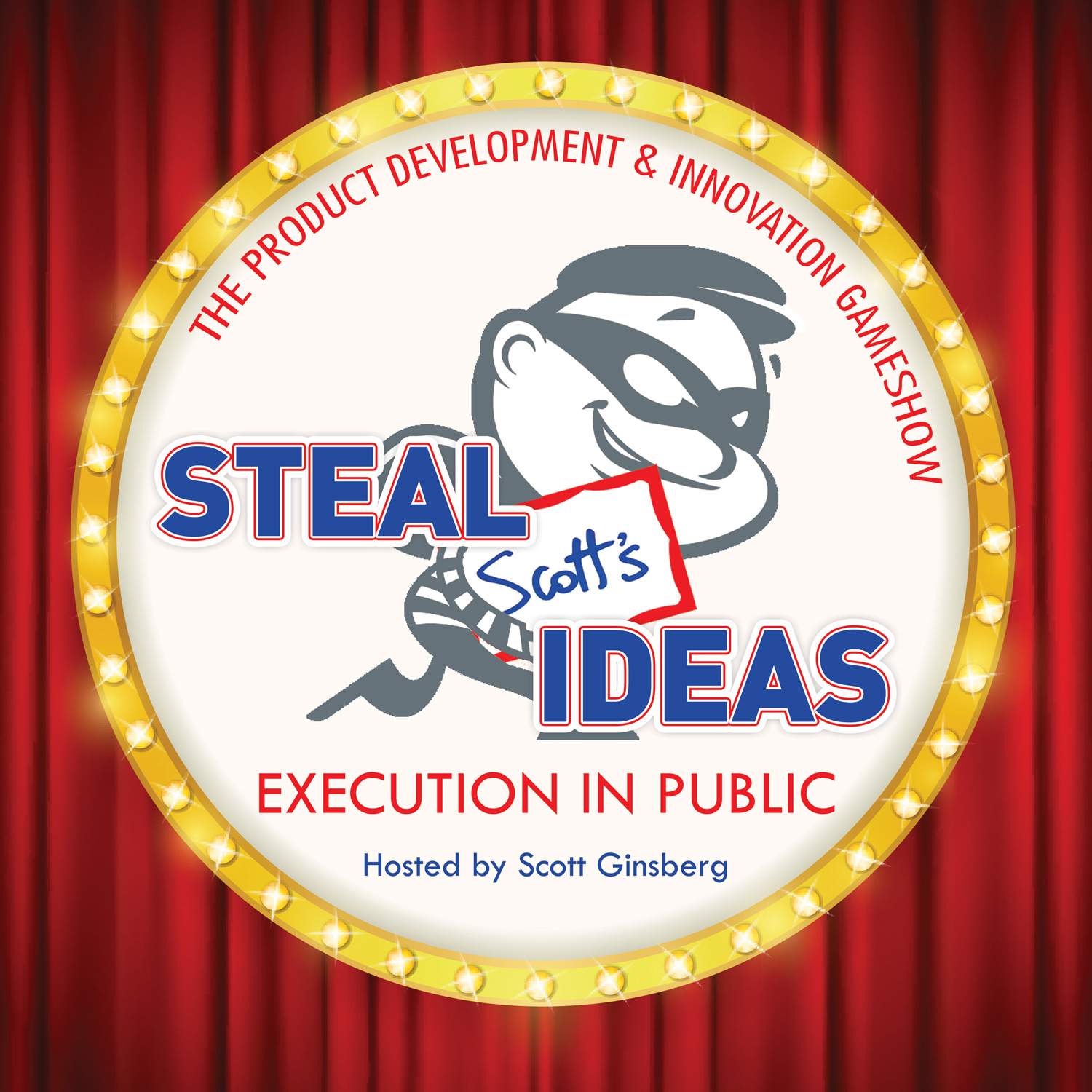 It’s the world’s first, best and only product development and innovation gameshow!
It’s the world’s first, best and only product development and innovation gameshow!
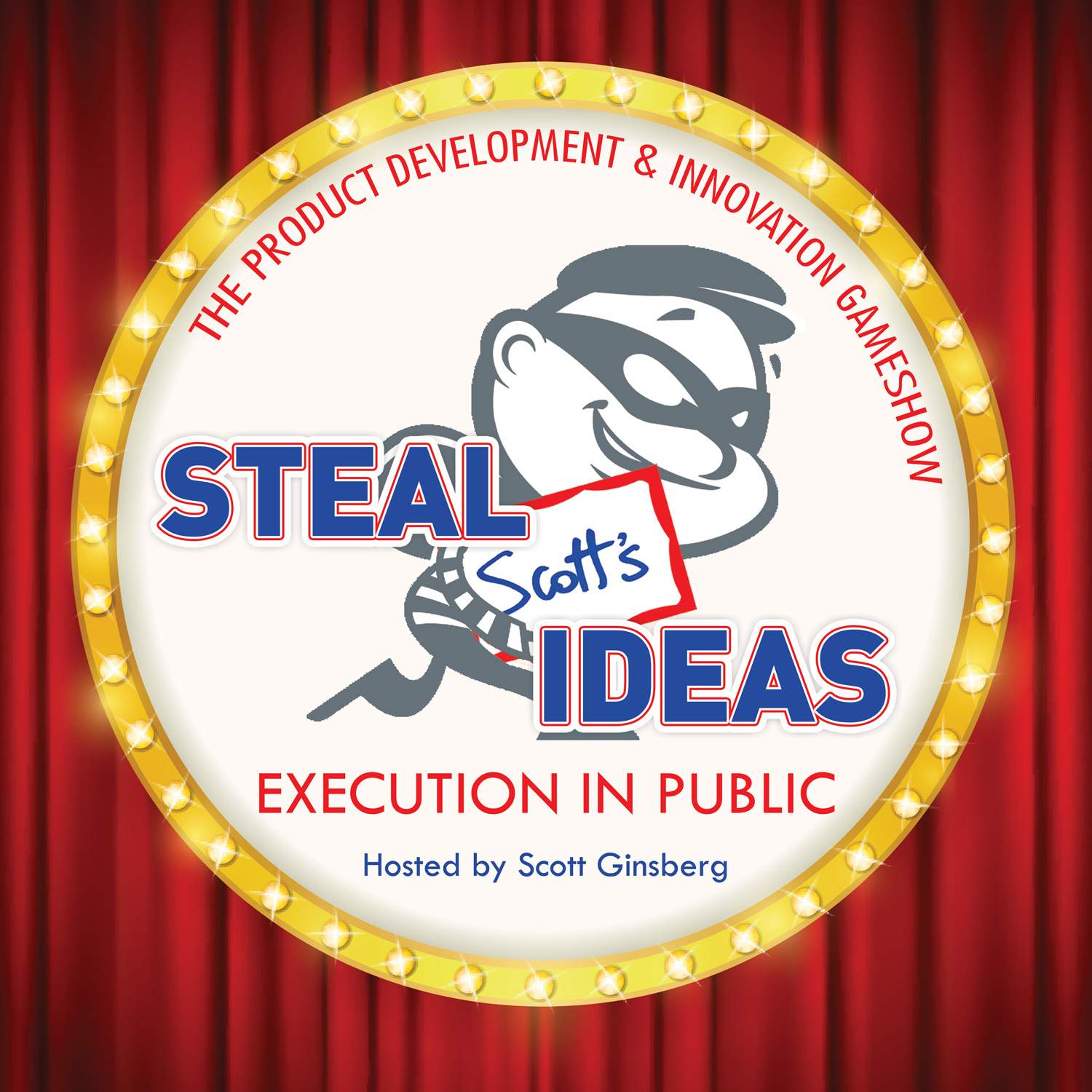 It’s the world’s first, best and only product development and innovation gameshow!
It’s the world’s first, best and only product development and innovation gameshow!
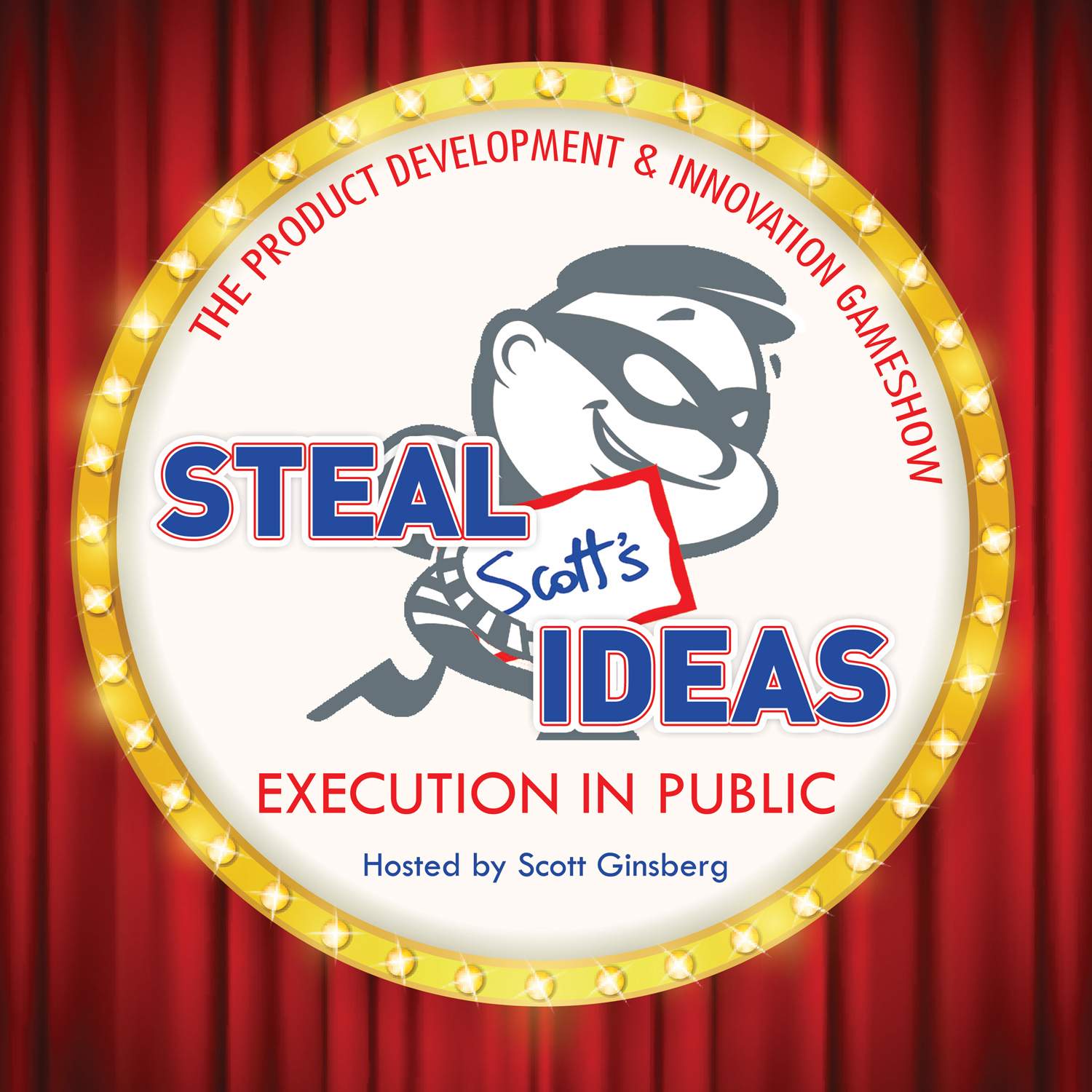 It’s the world’s first, best and only product development and innovation gameshow!
It’s the world’s first, best and only product development and innovation gameshow!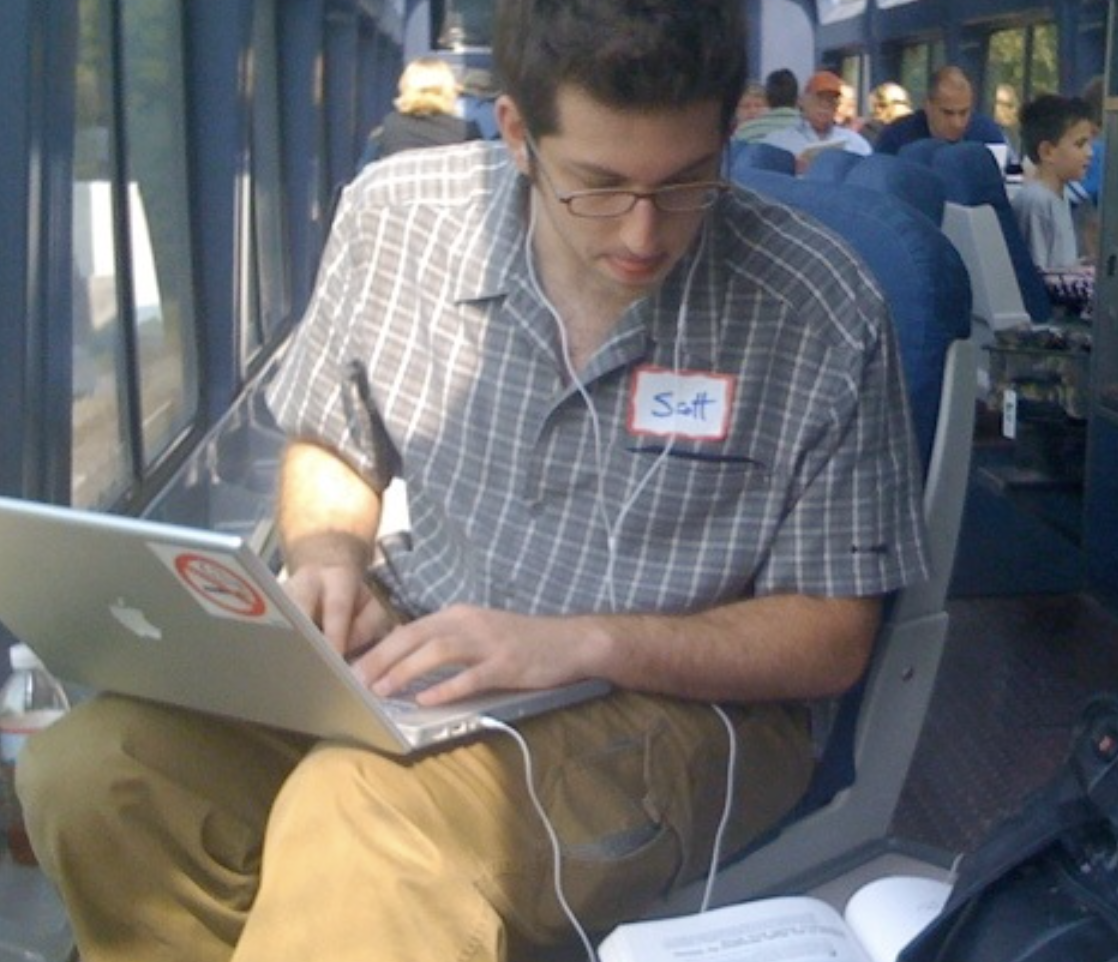
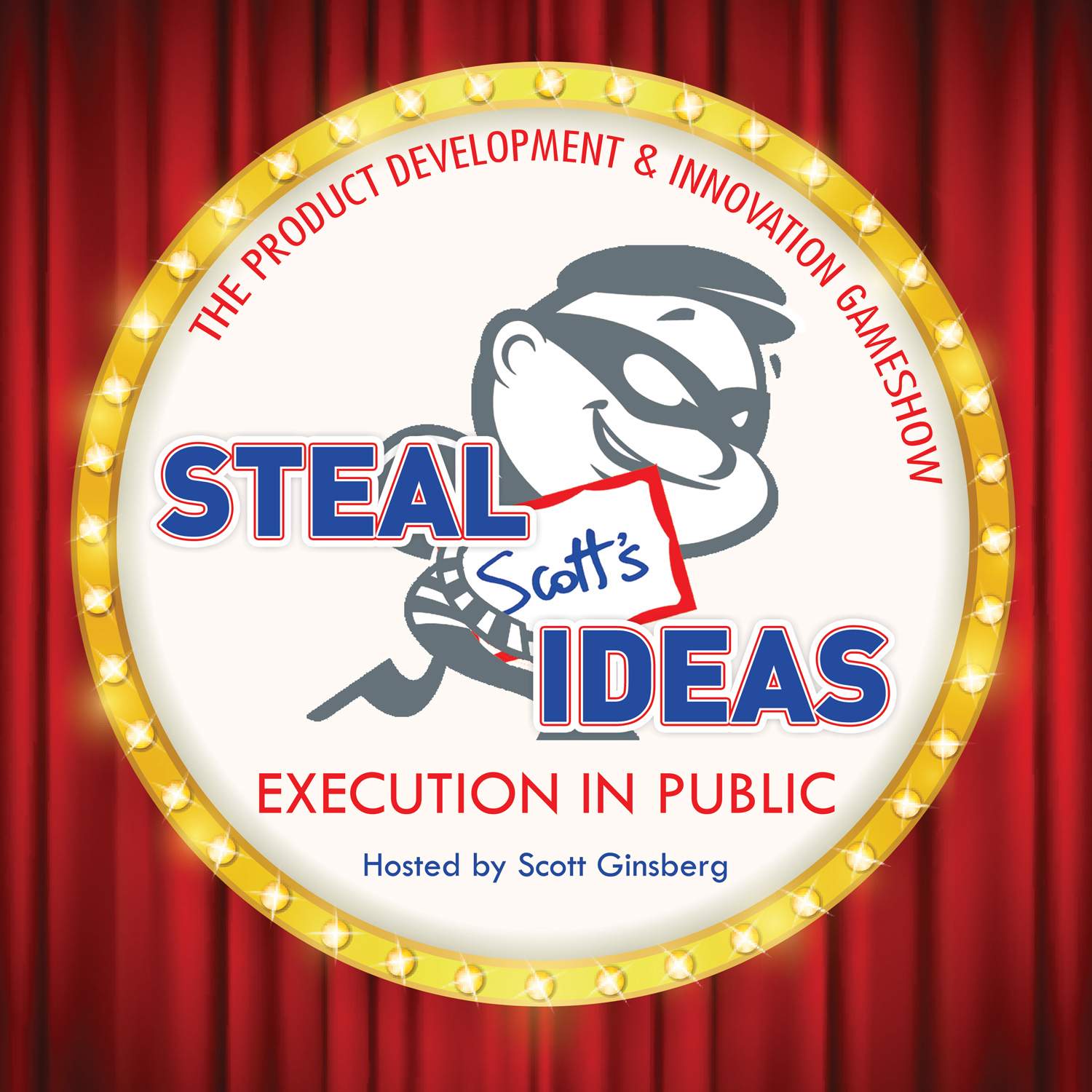 It’s the world’s first, best and only product development and innovation gameshow!
It’s the world’s first, best and only product development and innovation gameshow!
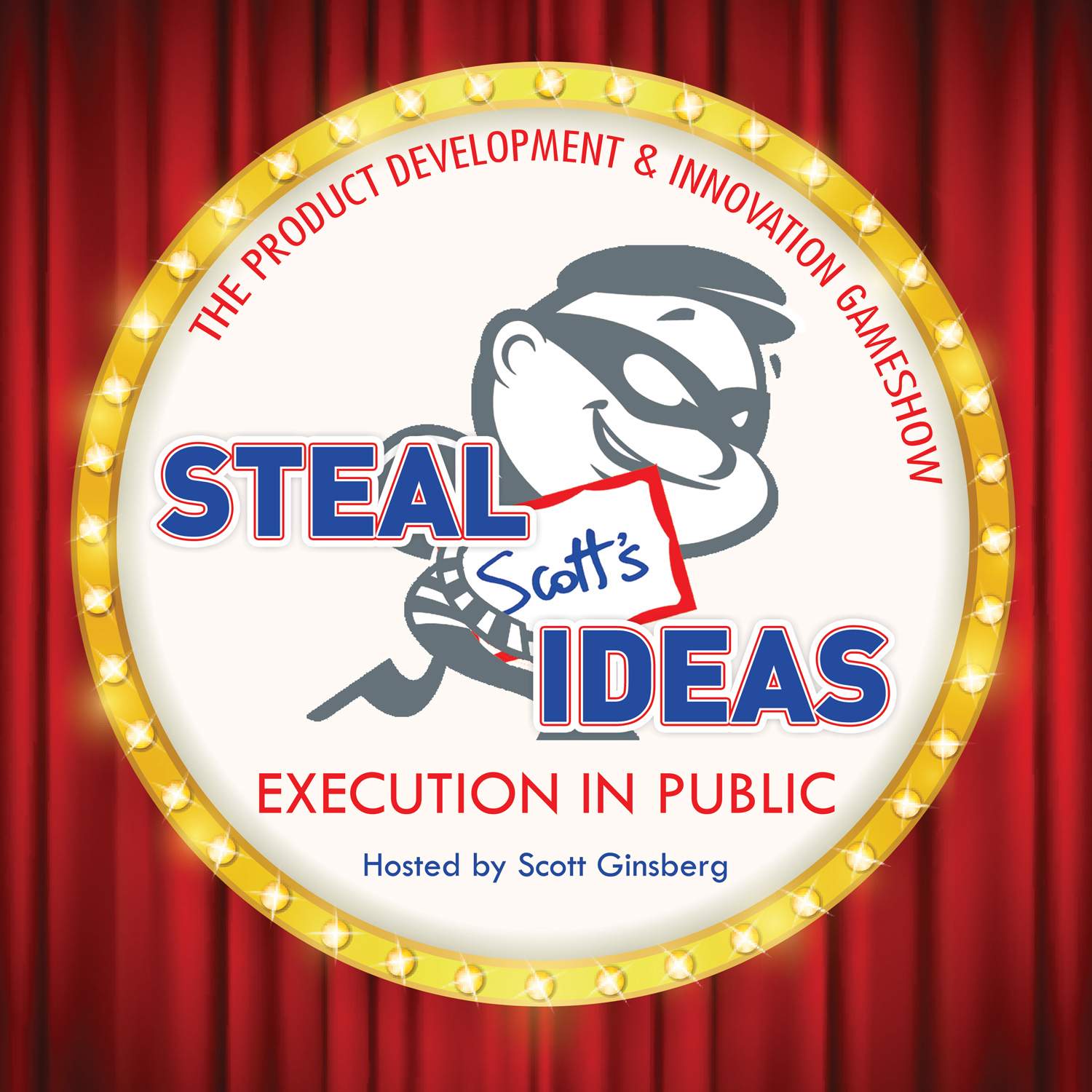 It’s the world’s first, best and only product development and innovation gameshow!
It’s the world’s first, best and only product development and innovation gameshow!
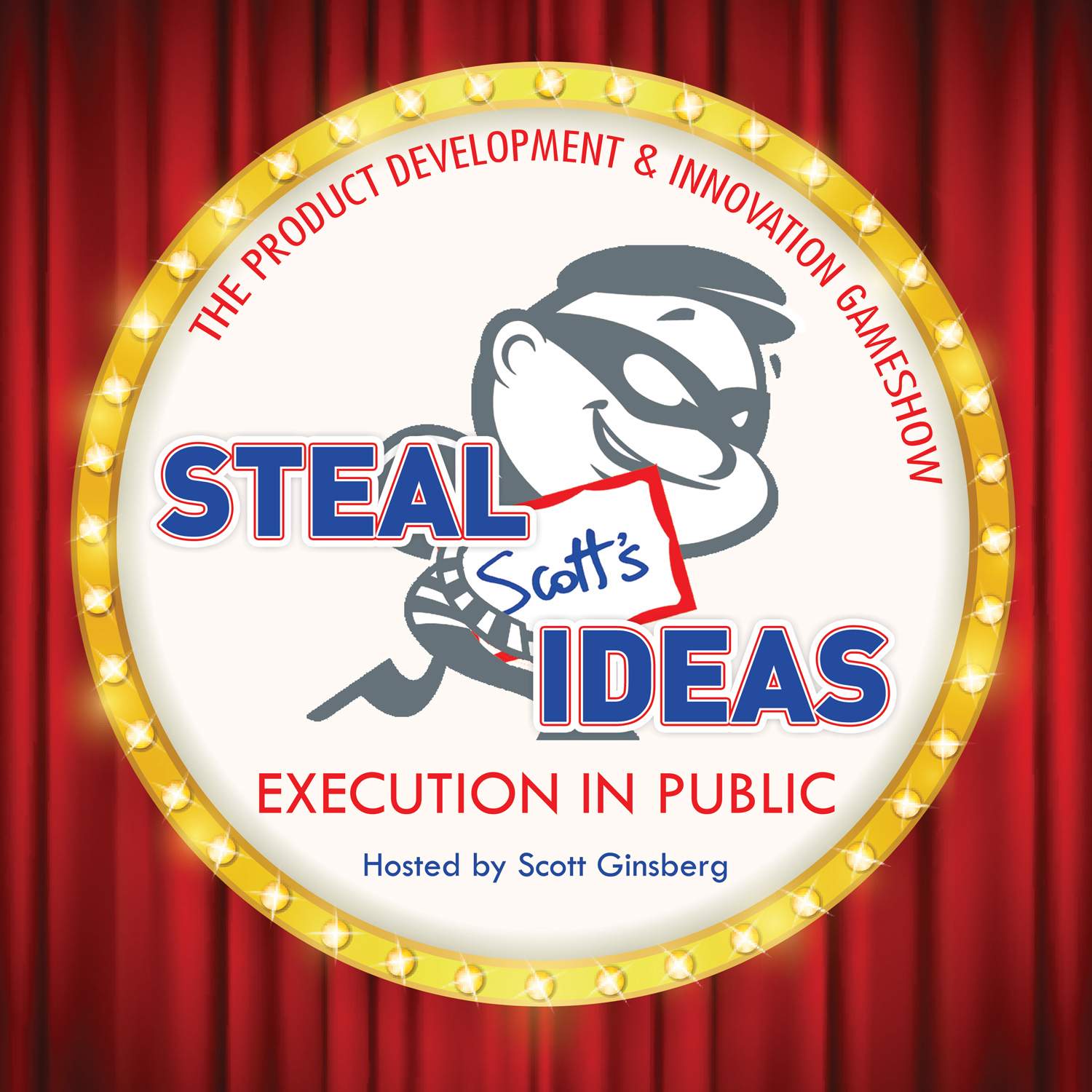 It’s the world’s first, best and only product development and innovation gameshow!
It’s the world’s first, best and only product development and innovation gameshow!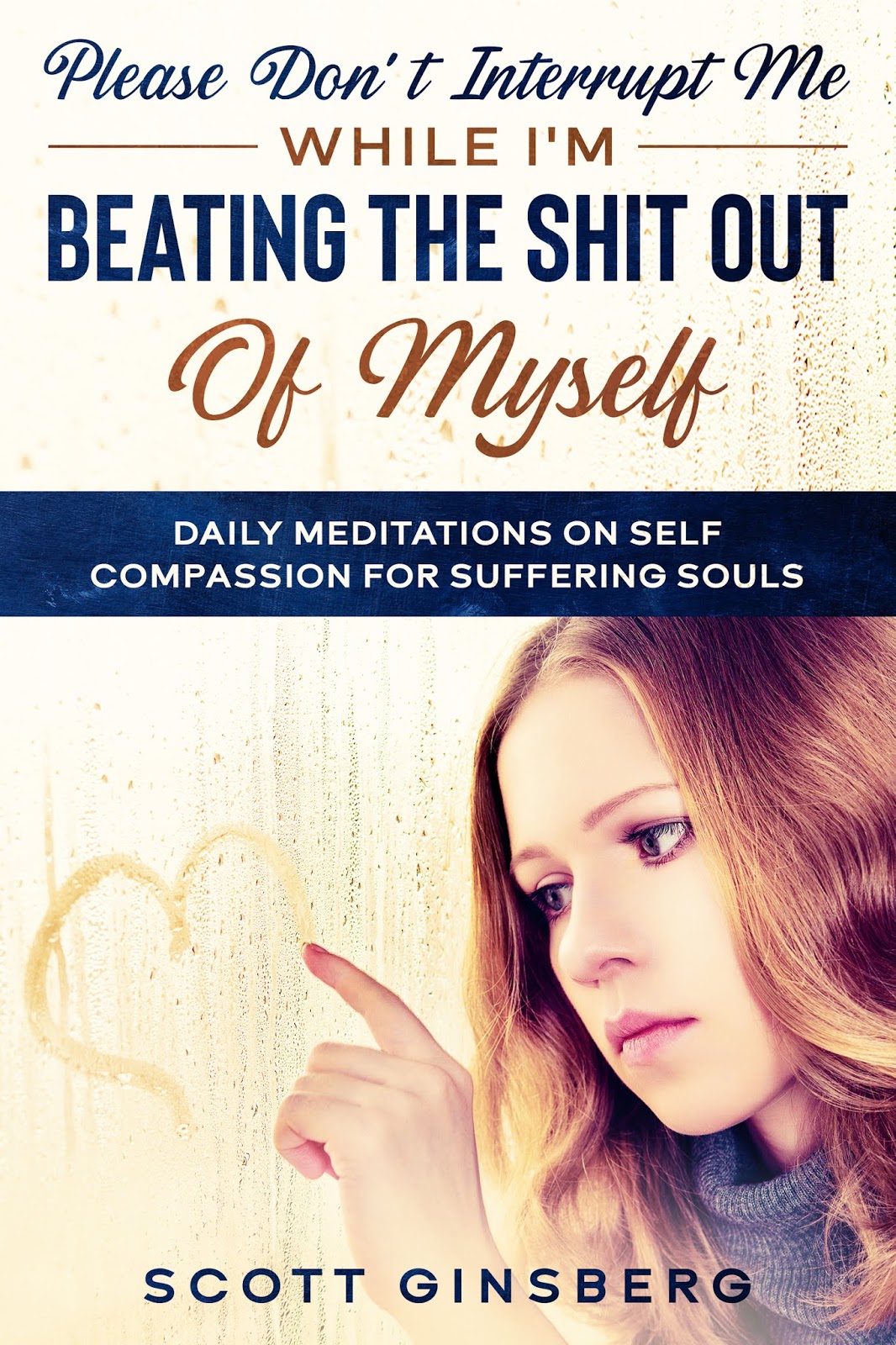
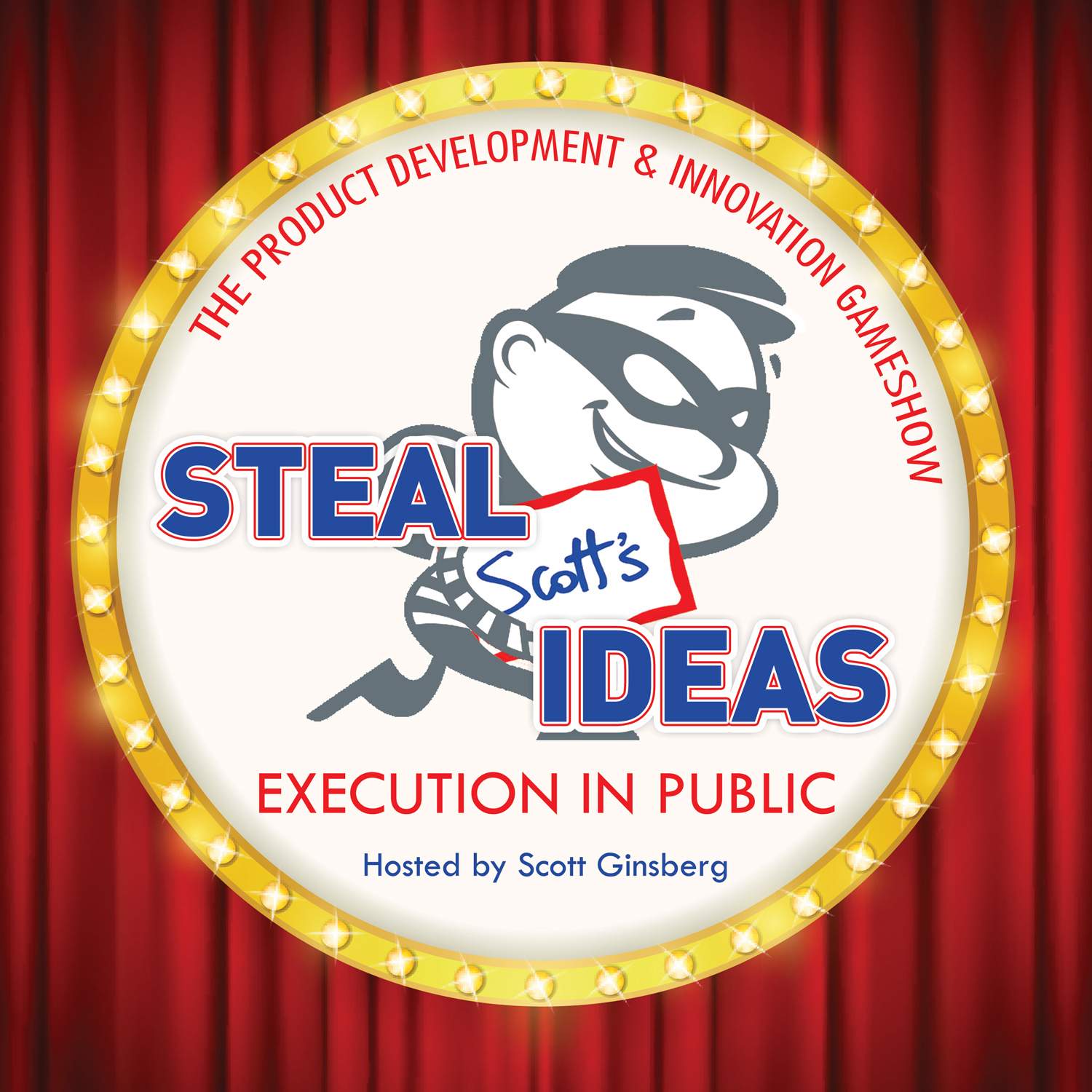 It’s the world’s first, best and only product development and innovation gameshow!
It’s the world’s first, best and only product development and innovation gameshow!
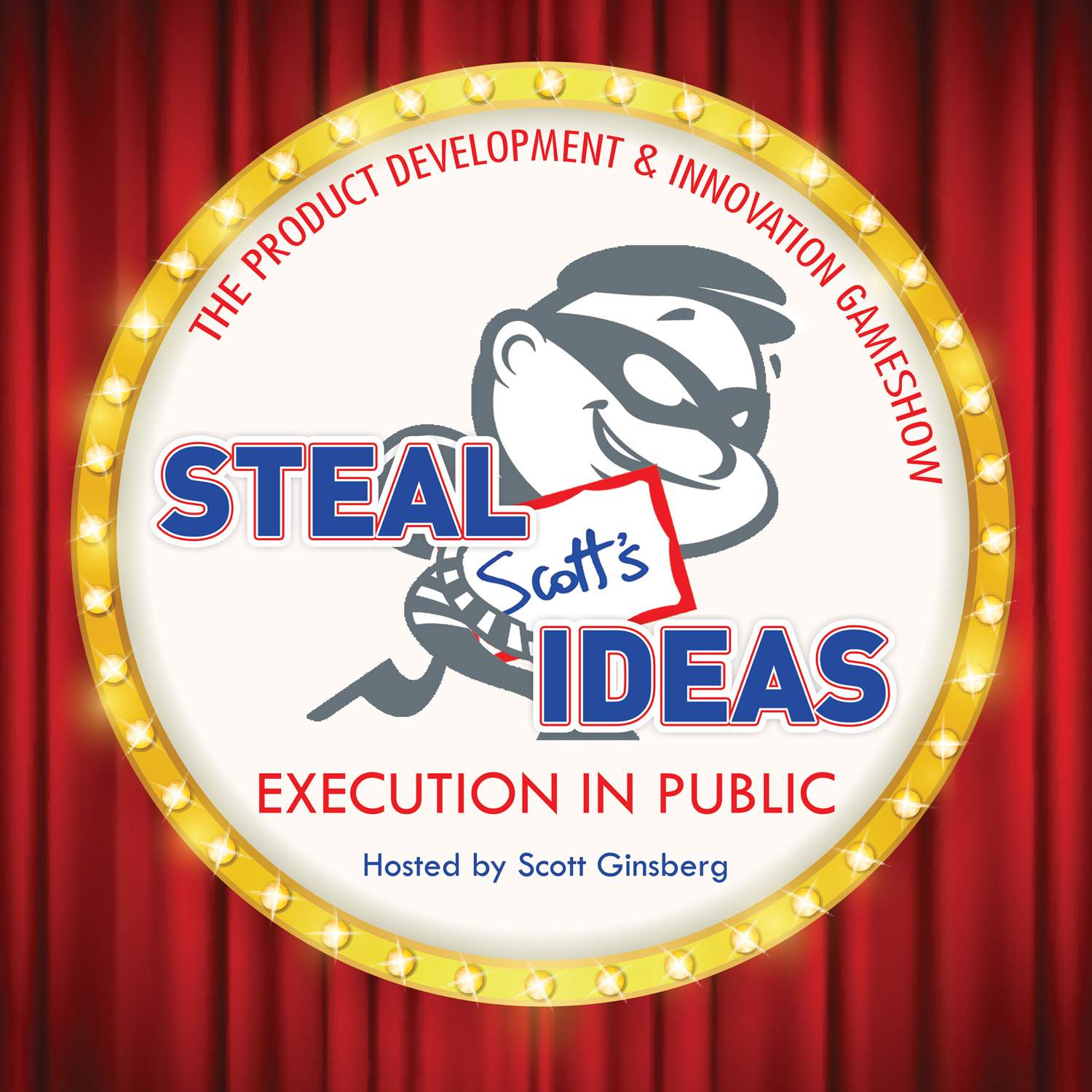 It’s the world’s first, best and only product development and innovation gameshow!
It’s the world’s first, best and only product development and innovation gameshow!